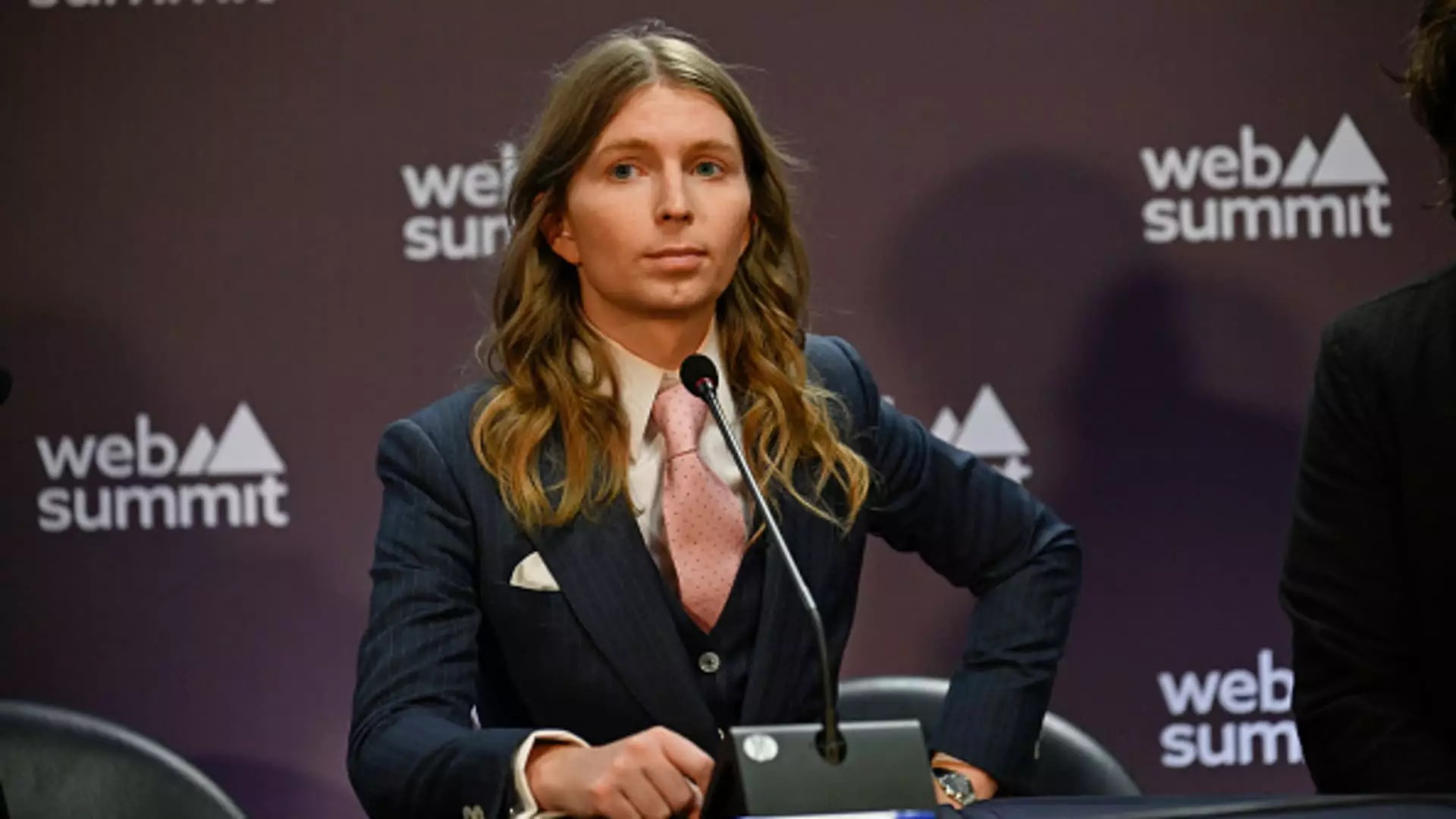In an era where information flows freely yet is heavily regulated, Chelsea Manning, the former U.S. Army intelligence analyst and whistleblower, has expressed deep concerns regarding censorship in the digital age. In her recent address at the Web Summit conference in Lisbon, she emphasized that censorship remains a significant issue impacting our online interactions. But rather than merely highlighting the dangers, Manning proposed a thought-provoking solution: the development of a decentralized internet that grants individuals greater control over their own digital identities and data. As we navigate the complexities of online safety rules and the pernicious effects of content moderation, her perspective could offer essential insights into the path forward for digital privacy advocates.
Manning’s reflections on modern censorship articulate that it transcends traditional definitions. Today’s censorship is intricately tied to algorithms that govern social media platforms, essentially deciding which voices are amplified and which are drowned out. This raises critical questions about the players behind censorship: Who decides what is considered harmful content? And what underlying motivations drive these decisions? Manning highlighted a shift in the nature of censorship itself, pointing to how what was once a clear delineation between gatekeeping and free expression has blurred considerably. The algorithms that dictate visibility can create echo chambers, ultimately limiting public discourse and reducing the diversity of opinions presented online.
Advocating for a return to a more decentralized internet reminiscent of the early ‘90s, Manning suggests that democratizing access to information could mitigate some of the hazards associated with large social media monopolies. Her proposition for “decentralized identification” reflects a desire to shift control from platforms to individual users. This shift could empower people to make choices regarding their data and how it is shared, moving towards creating a system where personal agency is paramount.
It is crucial to pave the way for a better social contract that facilitates a more equitable dissemination of information. In a landscape saturated with misinformation, empowering users to validate their online identities and information will not only enhance privacy but also promote authenticity amid the noise of competing narratives. This drive towards technical solutions, such as encryption, challenges the corporate dominance over user consent.
Manning’s own journey as a whistleblower offers a unique lens through which to examine the role of transparency amidst rampant misinformation. She argues that the contemporary environment is laden with a paradox; while information is more accessible than ever, the floods of misinformation can obfuscate the truth. Governments, rather than merely hiding secrets, now appear to be strategically deploying disinformation tactics, challenging whistleblowers’ ability to discern credible information from fabricated narratives.
Manning’s assertion that whistleblowers today face a dual-edged sword—more information but also greater challenges in verifying its credibility—provides a necessary context for understanding the current state of information dissemination. Consequently, navigating this landscape requires critical thinking and discernment, qualities that Manning believes are essential for both individuals and organizations alike.
Chelsea Manning’s advocacy for a decentralized internet and her insights on contemporary censorship reinforce the urgency of championing individual rights in the digital age. As technology continues to evolve, so too must our approach toward online privacy, with a pressing need to balance freedom of expression against the challenges posed by misinformation. By emphasizing a profound responsibility to uphold personal agency over data and identity, Manning articulates a revolutionary vision for a digital future—one where trust and empowerment are not lost amid the chaos of modern communication. Her call to action serves as both a warning and a rallying cry for advocates of civil liberties, encouraging a collective effort to build a more inclusive and transparent online environment.

